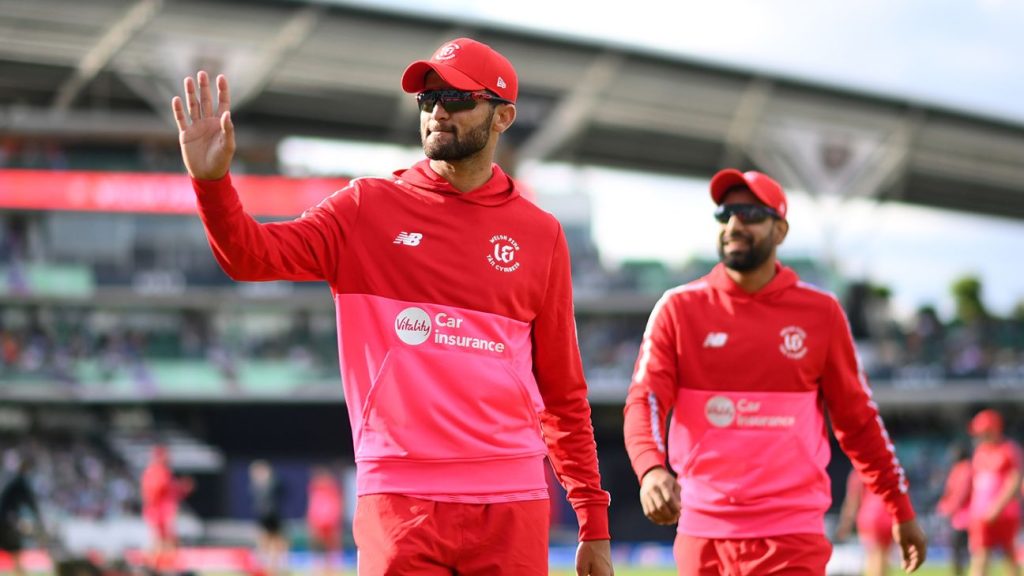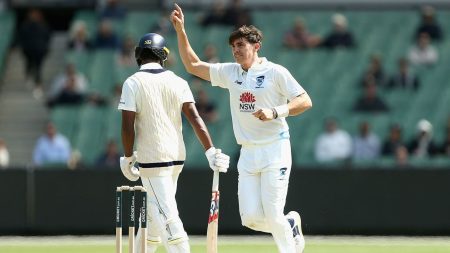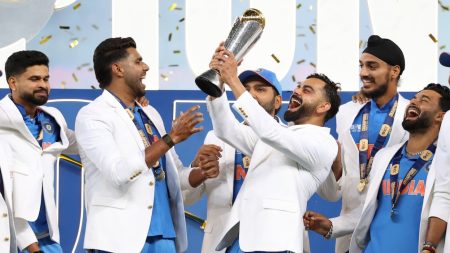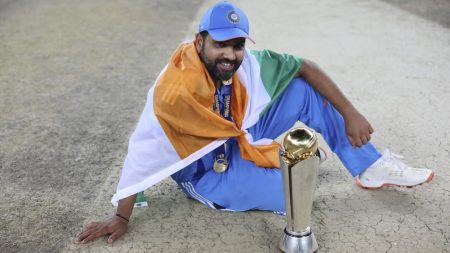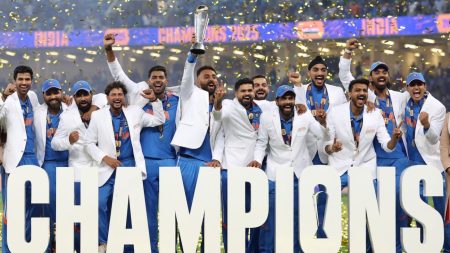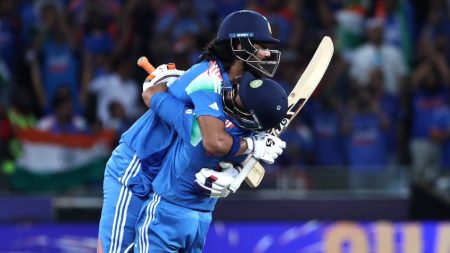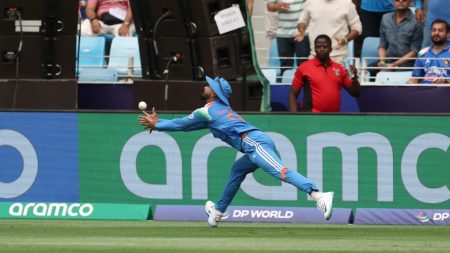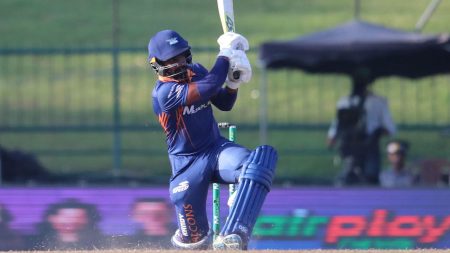The Hundred’s New Investment Landscape
On Thursday, the England and Wales Cricket Board (ECB) announced a significant milestone in the development of The Hundred, confirming the entry of eight new private investors into the tournament. These investors, who are set to secure ownership stakes in each of the Eight teams, bring a total valuation of just over £975 million. The ECB’s decision to enter into exclusivity agreements with these entities marks the start of an eight-week negotiation period with the host counties. Among the prominent investors are the RPSG Group (owners of Lucknow Super Giants), Sun TV Network Limited (Sunrisers Hyderabad), Reliance Industries Limited (Mumbai Indians), and GMR Group (co-owners of Delhi Capitals). These groups have been successful in their bids for Manchester Originals, Northern Superchargers, Oval Invincibles, and Southern Brave, respectively. The ECB’s chief executive, Richard Gould, highlighted the diverse international background of the investors, emphasizing the potential for adding value to the tournament’s overseas broadcast rights.
Indian Market and Player Availability
Despite the strong presence of IPL investors, the ECB does not expect a change in the BCCI’s stance on making India’s active male cricketers available for The Hundred. While many Indian players have participated in county cricket, they have not yet been part of the men’s Hundred or the T20 Blast. Gould acknowledged the importance of the Indian television market but was clear that the BCCI’s position on player participation remains firm. "The fact that we have got such a wide-ranging set of investors from around the globe will, I believe, help us to add extra value to our overseas broadcast rights," Gould said. "In terms of availability to Indian players, that is not priced in with our plans. The BCCI’s position has been very clear. At some point, we’d love to see Indian players come and play in England, but that’s not something we have predetermined through this process." This indicates that while the ECB hopes for a future where Indian players can participate, the immediate focus remains on other avenues of enhancing the tournament’s appeal.
Ensuring Opportunities for Pakistani Cricketers
The ECB is keen to ensure that the new IPL investment does not limit opportunities for Pakistani cricketers in The Hundred. Historically, tensions between India and Pakistan have led to player restrictions in the IPL and other tournaments associated with Indian franchises. For instance, no Pakistani player has participated in the IPL since its inaugural season in 2008, and this trend has extended to other leagues like the SA20 and the ILT20. However, Gould emphasized that the ECB is determined to maintain a welcoming stance for Pakistani talent. "We’re aware of that in other regions, but that won’t be happening here," he stated. The Hundred has already showcased a commitment to featuring the best cricketers from around the world, and Pakistani players have been a crucial part of this, helping to uphold the tournament’s "best versus best" tagline.
Avoiding Conflicts and Ensuring Tourney Success
One of the key challenges for The Hundred has been the scheduling conflicts with other T20 leagues, which can affect the availability of top players. Previous editions of The Hundred have coincided with Major League Cricket (MLC) and the Caribbean Premier League (CPL), leading to difficult decisions regarding player selection. This year, the MLC will conclude before The Hundred, but there will still be a two-week overlap with the CPL. With three of the eight Hundred investors also involved in the MLC—Reliance (MI New York), GMR (Seattle Orcas), and Sanjay Govil (Washington Freedom)—there is a potential for more coordinated planning in the future. Johnny Grave, the former Professional Cricketers’ Association commercial director and new CEO of the MLC, brings additional expertise to the table, which could foster better collaboration. Vikram Banerjee, the ECB’s director of business operations, noted, "One of the advantages that we have with our set is that there’s a connection there with the majority of the other cricket leagues around the world. And for all of those [T20] leagues around the world, it makes little sense for any of us to clash if we can avoid it."
A Focus on Collaboration and Player Access
Banerjee further elaborated on the ECB’s efforts to avoid scheduling conflicts and ensure the success of The Hundred. "So we are now on the same side, if you like, and we can have sensible conversations going forward. For the MLC, that includes that we obviously know the new CEO there pretty well." The ECB’s approach highlights a strategic move to align with other major cricket leagues, aiming to create a more harmonized calendar that benefits all parties involved. The goal is to secure the best players for each league’s respective window, thereby enhancing the overall quality and appeal of the tournaments. This collaborative spirit is expected to lead to more consistent and high-profile participation from international cricketers, contributing to the growth and popularity of T20 cricket globally.
Looking Ahead to a Bright Future
The Hundred’s new investment landscape and the ECB’s strategic focus on international collaboration and player access bode well for the tournament’s future. The inclusion of IPL investors and their potential influence on the global cricket calendar could bring about significant changes in how T20 leagues are scheduled and marketed. While the immediate impact on Indian player participation may be limited, the ECB remains optimistic about long-term possibilities. Meanwhile, the commitment to including Pakistani cricketers underscores the tournament’s dedication to showcasing the world’s best talent. As the negotiations proceed, the ECB and the host counties will work together to finalize the details, ensuring that The Hundred continues to grow and thrive in the competitive world of T20 cricket. The coming months will be crucial in shaping the tournament’s next chapter, with the hope of creating a more seamless and inclusive cricket ecosystem.

